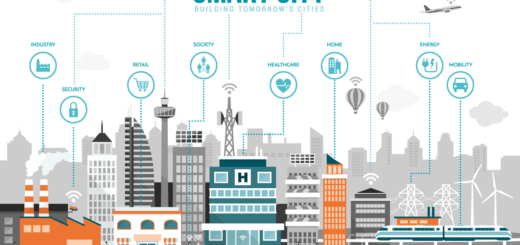Earth Day 2023: Investing in Our Planet for Climate Change and Sustainability Education

Introduction:
Earth Day 2023 underscores the urgency of climate change and sustainability education under the theme “Invest in Our Planet.” This interdisciplinary focus aims to cultivate values, knowledge, and skills necessary for a sustainable world. Sustainability education equips students with the insights to make informed decisions, fostering an understanding of the interconnectedness between nature and society.
Climate Change Impact and Vulnerability:
The ramifications of climate change disproportionately affect marginalized communities, resulting in reduced productivity and job loss. The imperative shift to a green economy to avert increased unemployment, poverty, and inequality necessitates reskilling and upskilling. Meeting the Paris Agreement and UN Sustainable Development Goals requires substantial investments in these processes.
Addressing Climate Change Challenges:
Societal entities, from individuals to ecosystems, grapple with the adverse consequences of climate change driven by resource overexploitation and fossil fuel-based energy production. The escalating greenhouse gas emissions and pollution call for immediate measures to curtail the impacts. Nations worldwide have committed to reducing their carbon footprint to mitigate these effects.
The Significance of Green Jobs:
Green jobs, exemplified by improved energy efficiency, emission reduction, waste management, and ecosystem protection, represent essential employment opportunities. These roles span both established sectors like manufacturing and emerging fields such as renewable energy. Transitioning to a sustainable future demands skills development that aligns with these evolving demands.
Necessity of Green Structural Transformation:
Adapting to environmental changes mandates embracing new technologies, regulations, pricing, and tariffs. As industries undergo significant shifts, displaced workers and those in declining sectors require support for retraining and reskilling. This facilitates their smooth transition into new, sustainable job markets.
Empowering Through Public-Private Partnerships:
Collaboration between public and private sectors, bolstered by corporations and governments, plays a pivotal role in skills development. Financial incentives are integral to the functioning of green markets, stimulating skill growth and shaping the trajectory of sustainable professions. Robust public-private partnerships can overcome financial barriers and drive innovative, data-driven skills programs.
Inclusivity and Addressing Skill Gaps:
Inclusive skill development programs must encompass women, addressing labor market gaps and shortages in environmentally sustainable sectors. Apprenticeship and training initiatives that involve women are crucial to bridging these disparities.
Environmental Activities for a Sustainable Future:
Environmental change necessitates a multipronged approach encompassing sustainable practices, renewable energy adoption, conservation efforts, and community awareness. Strategies include transitioning to circular economy principles, promoting eco-friendly transportation, advocating for renewable energy sources, biodiversity preservation, and fostering public engagement on environmental concerns.
Promoting Collaboration for a Sustainable Future:
Achieving genuine change hinges on collaborative efforts between organizations and individuals. By pooling resources and aligning objectives, a sustainable future can be realized. Collective commitment to green technologies and practices, combined with heightened public awareness, will drive the transformation toward a sustainable world.
Conclusion: Forging a Sustainable Path Forward:
Earth Day 2023 amplifies the need for climate change education and green skills development. As we navigate climate challenges, investing in education, reskilling, and collaboration lays the groundwork for a harmonious balance between human advancement and planetary health. By taking strategic action, uniting for common goals, and unwavering dedication, a sustainable world can be realized, securing the well-being of generations to come.
By
Dr Deep Gupta
Professor
College of Smart Agriculture


